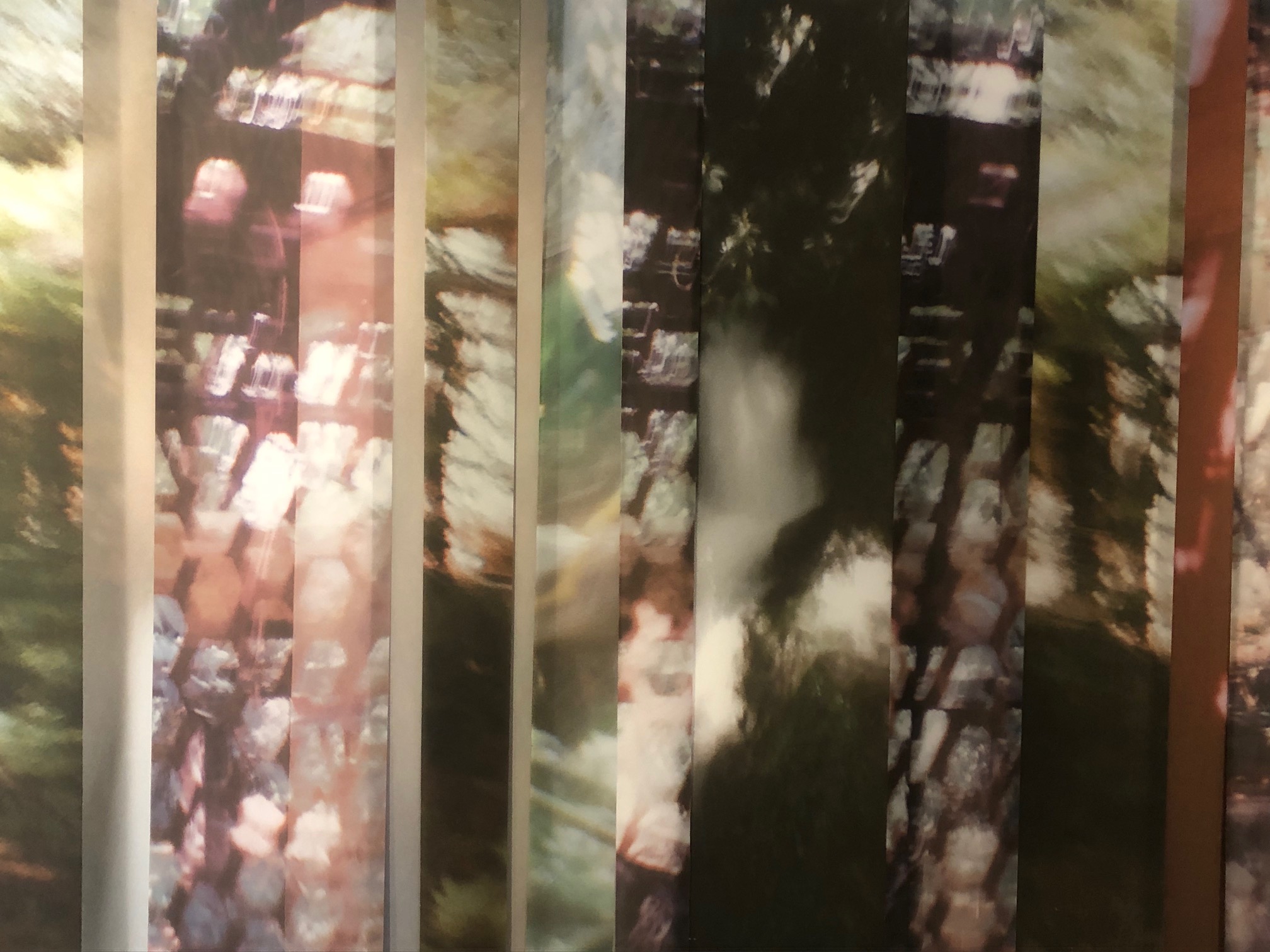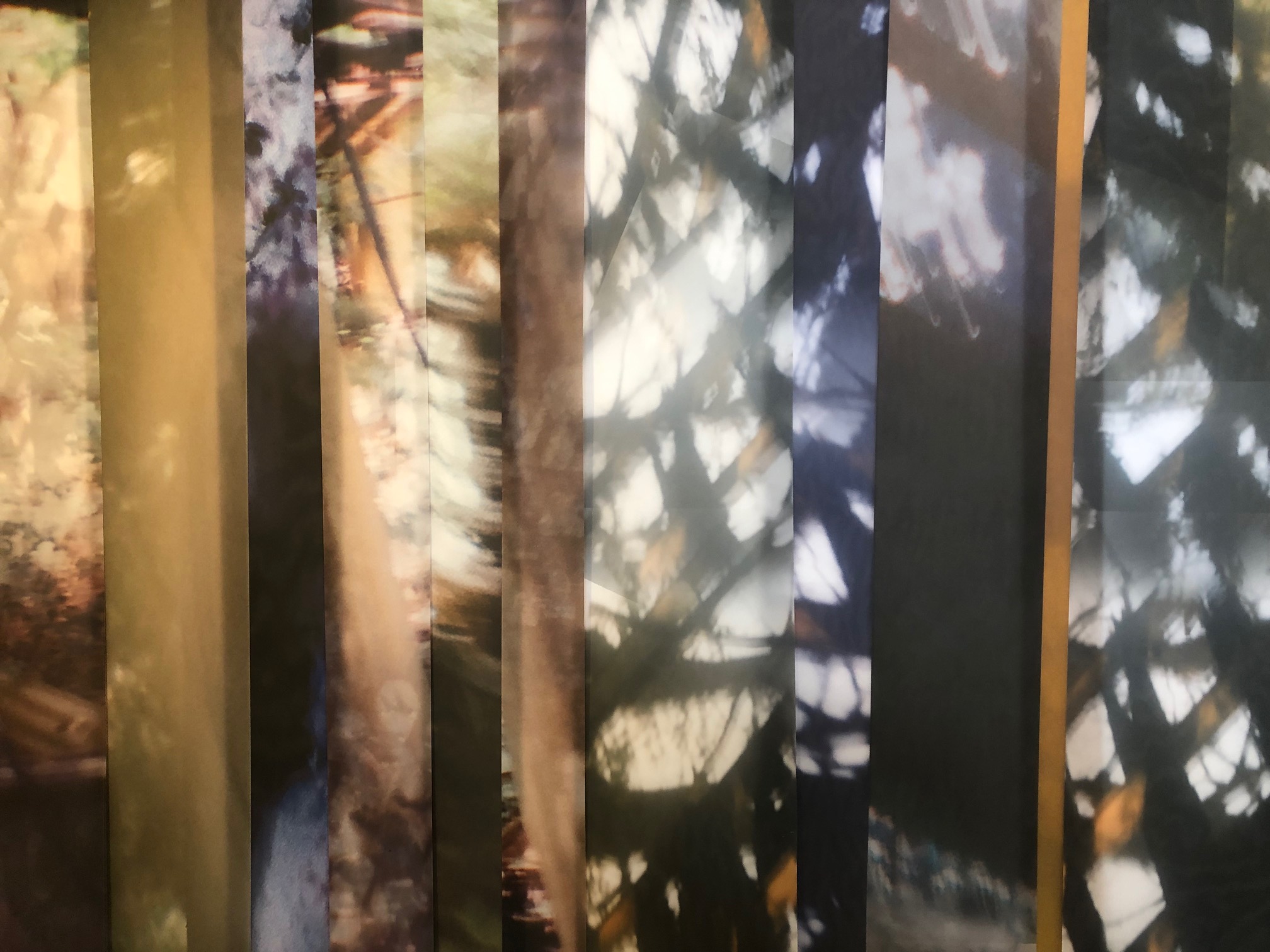
Anne McNevin
Anne McNevin is Associate Professor of Politics at The New School. Her research is focused on the transformation of citizenship and political belonging, the regulation of borders and migration, and spatial and temporal dimensions of world politics.
ANNE McNEVIN is Associate Professor of Politics at The New School for Social research and Eugene Lang College. Her research is focused on three inter-related fields of inquiry: the transformation of citizenship and political belonging, the regulation of borders and migration, and the spatial and temporal dimensions of world politics. Her first book, Contesting Citizenship: Irregular Migrants and New Frontiers of the Politics (Columbia University Press, 2011), examined mobilizations by irregular migrants in the US, Europe and Australia as an aspect of neoliberal globalization. More recent publications focus on the transnational governmental regimes that shape the experience of asylum seekers, refugees and labor migrants in and around Indonesia.
During her fellowship at GIDEST, Anne will be working on a new book, World Making and Border Politics. The book aims to bring a world that is not defined by bordered states into the realm of serious political consideration. It profiles arenas of struggle around borders, policing, and sovereignty that move geographically between Australia, Papua New Guinea, and the United States, narrowing in on particular sites of sanctuary, immigration detention, abolitionist experimentation, anti-racist and anti-colonial organizing and Indigenous claims-making. It shows how prisoners, refugees, writers, and activists are making worlds that are not premised on state space (sovereign territoriality), state time (progressive and developmental) and associated subjectivities (citizen and alien).




